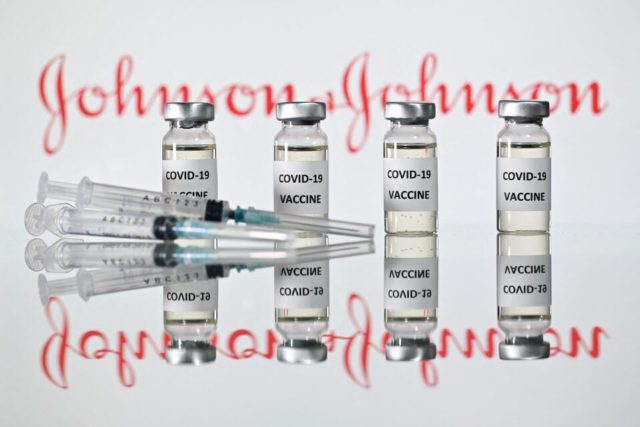Roll-out of vaccination programme for health care workers in the Province has been progressing well – dept
AN ADDITIONAL 2,000 Johnson and Johnson vaccines have arrived in the Northern Cape.
The provincial Department of Health indicated that the vaccines arrived on Sunday and will be shared amongst the Namakwa, John Taolo Gaetsewe and Pixley ka Seme districts.
Department spokesperson, Lebogang Majaha said the rise in Covid-19 infections in the Namakwa District has forced the department to urgently intervene.
“We have noted a distinct pattern of increased transmission and cases of Covid-19 in the Namakwa District and this has informed the decision by the provincial Health Department, with the Sisonke Team, to focus next in this district,” said Majaha.
“The Medical Research Council (MRC) is providing a mobile pharmacy unit to ensure continuity of the cold chain, and to send electronic data back to their information centre. This mobile vaccination service will visit Calvinia and Springbok, as well as surrounding communities, in the week starting March 23, 2021. This is part of Phase 1, which focuses on health care workers.”
Majaha said that a total of 1,000 vaccines from the new consignment will be allocated to the Pixley ka Seme and John Taolo Gaetsewe districts.
“We envisage rolling out a second 1,000 vaccines to health care workers in the Pixley ka Seme and John Taolo Gaetsewe districts in the near future. This is to curb the effects of a looming and a more aggressive third wave that we will be facing as a country in a few months’ time.”
Majaha added that the vaccination of health care workers in the Province has been progressing well thus far.
“We have already conducted vaccination programmes for health care workers in the Kimberley (3,920 doses) and Upington (640) areas under Phase 1, which started on February 28, 2021.
“So far, just 23 doses have had to be discarded (less than 0.6%) before they could be administered to a health care worker. The initial planning made provision for a 5% wastage.
“Phase 1 involves vaccinating the majority of health care workers, especially those who have been classified as patient-facing. This will include traditional healers.
“Research shows that health care workers are three to four times more likely to contract Cvid-19 than the general population. It is vital that we have healthy health care workers able to care for the rest of us if we get sick.
“We have put in place additional measures to ensure that only health care workers are vaccinated in Phase 1. Originally, people had to bring their identity document with them to the vaccination site, but more recently they must also provide proof of employment. All health care workers are therefore urged to use the government’s EVDS system to register – https://vaccine.enroll.health.gov.za. This process assists in the management of vaccine allocations and queues management.”
Majaha said essential workers and citizens with comorbidities will be the focus of Phase 2 of the vaccine roll-out.
“Phase 2 will include essential workers, including police officers, mine workers, security personnel, retail food staff, undertakers, banking personnel, essential municipal workers and those working in Home Affairs, including border control and port health services.
“Phase 2 will also include people living or working in congregate settings, such as prisons and care homes; people over the age of 60 years; and people 18 years and older who have comorbidities. Key comorbidities that may render people at risk from severe Covid-19 infection include those living with diabetes, obesity, high blood pressure, chronic lung diseases, cardio-vascular disease, renal disease, HIV or tuberculosis.
“In Phase 3 we will vaccinate the rest of our people.
“All security measures are facilitated through the provincial Joint Operations Centre. The department has engaged the SAPS for extra security with the transportation of the vaccines. Site assessments are undertaken with SAPS to assess the risk at vaccination sites. The contracted security company has supported the process within the current contractual arrangements,” Majaha concluded.








